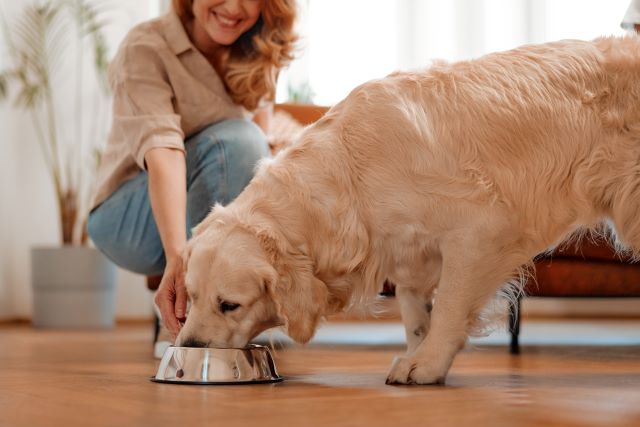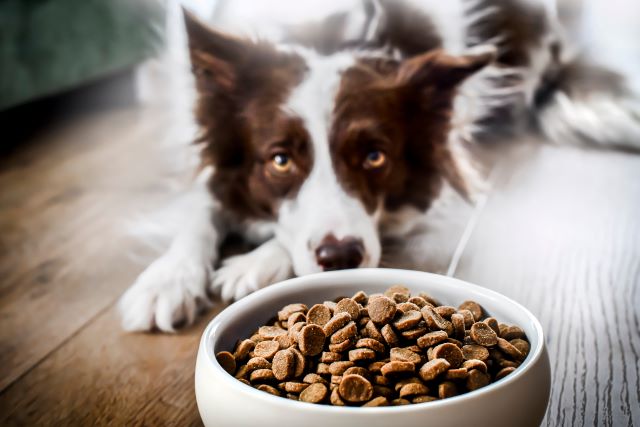You have a lot of choices when it comes to what you feed your dog. So, how do you know if you are feeding them the right food? Serving food that isn’t right for your dog’s age, breed, and lifestyle could result in some health concerns that need to be addressed. If you need any of the following signs, you may want to try switching up your dog’s diet. However, you should always visit your vet first to ensure that these signs are for sure caused by your dog’s food and not underlying health issues.

Signs You’re Feeding Your Dog the Wrong Food
1. Bowel Issues
Loose stool, diarrhea, constipation, and other digestive issues can be signs the food is not right for your dog’s digestive system. Many dog parents excuse these behaviors as being caused by their dog getting into something they shouldn’t. However, if they’re consistently having bowel problems, part of their routine is likely to blame.
2. Flatulence
While some dog breeds seem to be prone to gas, your dog’s stench shouldn’t be driving you out of the house. Experiencing gas that’s out of the ordinary in terms of smell and frequency means something is not sitting right in their system.

3. Weight
Losing or gaining weight in unusual amounts can be due to an excess of carbs or not getting proper nutrients. It could also be a sign that you’re giving your dog too much or too little food per serving. Dogs that free feed are more likely to experience drastic weight changes, so if that’s how you feed your dog, consider switching them to a consistent schedule.
4. Itchiness
Scratching or itching more than normal can be caused by a bad reaction, like an allergy, to ingredients in your dog’s food. You may also notice your dog licking and biting their paws more than usual. Dogs that previously had allergies could later develop allergies to certain ingredients.

5. Ear Issues
If your dog has chronic ear issues and you have tried everything but they just won’t go away, this could be another sign of food allergies. Talk to your vet about getting your dog tested for allergies to find the root of the problem.
6. Illness
Does your dog vomit up their food sometimes or show other signs of discomfort? If your dog acts uncomfortable after eating, their food may be bothering them. Not all dogs are sensitive to the same types of food, so even the healthiest brand might not be a good fit for your dog.

7. Energy Level
If your pup seems sluggish after you switched their food, or if they just don’t seem like their energy level is right for their age, breed, and temperament, it may be because the food is not giving them the proper nutrients. Highly processed foods and low-quality ingredients are usually to blame.
8. Loss of Appetite
Has your dog always been a good eater until now? If your dog doesn’t want to eat the food, there’s probably a reason. It could be because the food is making them feel bad or it could simply be because they dislike the flavor. Either way, they’d probably be better off on a different diet.

9. Behavioral Issues
Food affects everything! If you switched foods and all of a sudden your dog is acting in a way they didn’t before, it could be the food. For example, if your dog’s food isn’t filling them up, they may start begging for food more often than usual. Dogs who aren’t getting enough nutrients from their food may also try to eat poop and other unsafe items outside.
How to Switch Your Dog to the Right Food
If your dog is showing one of the above signs, there’s a good chance their diet is to blame. However, before making a drastic change to their diet, take them in for a vet checkup. Your vet can rule out any underlying health issues before determining that diet is the cause of your dog’s strange behaviors. Then, your vet can help you determine a good product and serving size for your furry friend’s meals. With healthy dog food that’s full of nutrients, your dog should be happier and healthier than ever.
